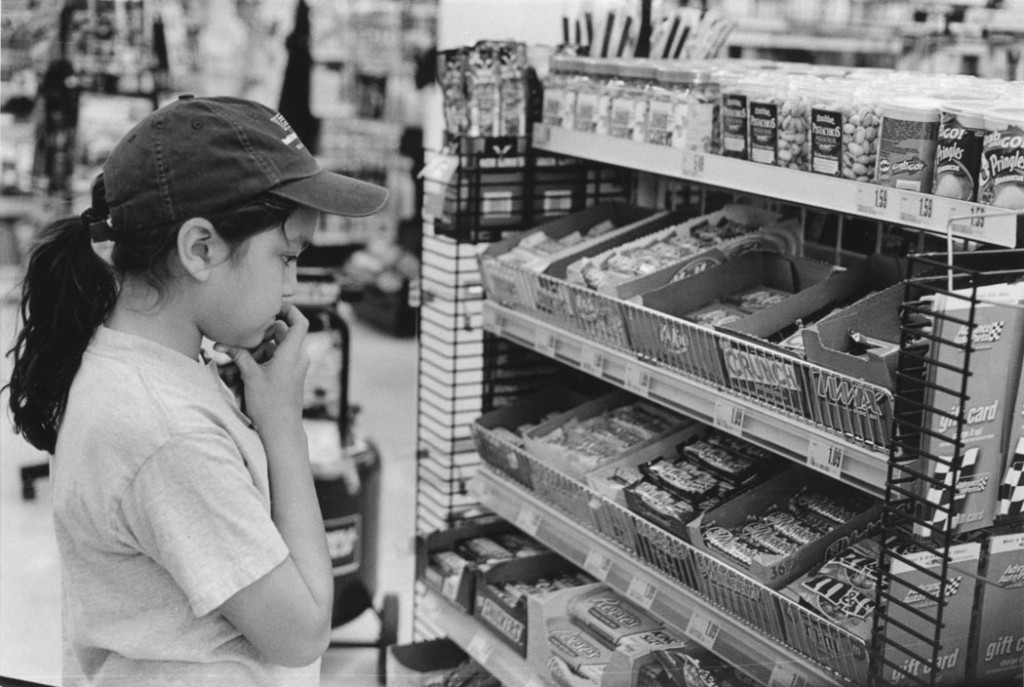The Overload Problem, Do Customers Really Want So Many Choices?
The average American makes about 70 decisions per day, according to choice expert, Dr. Sheena Iyengar. There are choices to be made on a daily basis, from small ones (what should I have for breakfast?) to much larger ones (how much should I invest in my retirement?). For some, even small choices can seem overwhelming. In her studies, and her incredibly popular TED Talk called How to Make Choosing Easier, Iyengar shares insight on how people perceive choices and how people make decisions.
Choice overload problem
Iyengar’s focus of study has been on what she calls the “choice overload problem”. Have you walked into a grocery story and been overwhelmed, or even paralyzed, by the many selections of sugar, yogurt, and eggs? Do you want cane, raw, fat-free, low-fat, full-fat, white, brown, organic, cage-free, minimally processed, hormone-free? Do you ever just want to walk away, or, in hind site, make a poor decision due the stress of the options? “We choose not to choose even when it goes against our best self interests,” Dr. Iyengar says.
Associate professor of economics at Georgia Institute of Technology, Dr. Tibor Besedes, agrees with Iyengar’s studies and others, which show that too many choices may lead to not choosing at all. “Standard economic theory will tell you that more choice is always better. Theoretically, that works out, but when you have to apply it, that’s very different. When you give people a lot of options, they can get bogged down and, at some level, become unwilling to consider anything because it just gets too complicated.”
In her now famous study, Iyengar went to a popular, upscale food market in northern California and, out of the hundreds of jams, displayed 6 on one table and 24 on another. It was found that more people were attracted to the table with fewer choices and up to 30% more jam was bought at the table with 6 jars rather than 24.
Although psychologists and business people alike tend to agree that choice leads to autonomy, empowerment, and a free market, according to the Harvard Business Review “psychologists and business academics alike have largely ignored another outcome of choice: More of it requires increased time and effort and can lead to anxiety, regret, excessively high expectations, and self-blame if the choices don’t work out.”
Iyengar’s Techniques to Deal with Choice Overload:
-
Cut
Iyengar says, “If you are willing to cut there’s an increase in sales, lowering of costs, improvement of choosing experience.” She points to typical grocery stores which typically stock 45,000 products and to the 9th largest retailer in the world, Aldi, which stocks 1,400 products (and only one kind of tomato sauce!).
-
Concretization
Iyengar points to people spending 15-30% more with ATM cards or credit cards rather than cash. Her claim: paying with cards doesn’t feel concrete. She also says to be concrete in your positive expression and goal-setting. She points to an ING study when she and her co-authors asked people to pick a 401k plan, and stressed that they think about positive things they could do if they saved more. The outcome was an increase in enrollment by 20%, and a 4% increase in the amount paid into the plan.
-
Categorization
Iyengar points to a study done at Wegman’s grocery stores, which offers up to 600 magazines. When only 400 magazines were categorized into 20 groups people preferred the busying experience more than 600 uncategorized magazines. Iyengar stresses though, that categories must make sense to the end user and not simply the creator.
-
Condition for Complexity
Iyengar says that people need to be prepped for complex choices. She points to a study that reviewed custom car options by a German carmaker. The people who started off having to pick a few things, like 4 different gearshifts, rather than 60 different colors, were more comfortable moving forward to more complex choices with larger number sets. According to Iyengar, people that go from high choice to low choice drop off and become less engaged, but people that start off with more simple choices are able to progress more faithfully to more complex choices.




Add Comment